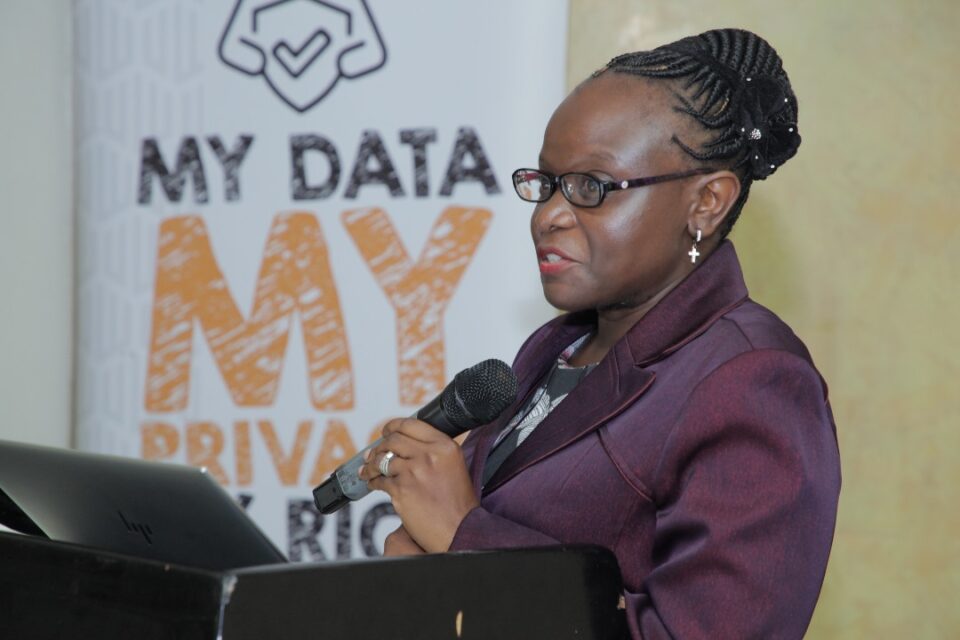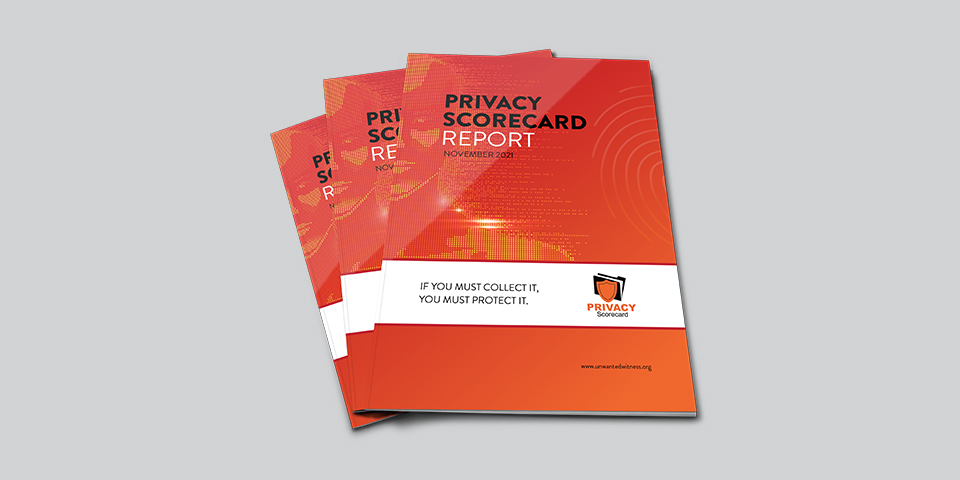Uganda’s Proposed Computer Misuse (Amendment) Bill, 2022: Freedom of Expression and Participatory at Gunpoint!

On 18th August, 2022 we submitted our opinions to Uganda’s parliamentary committee on ICT in regard to Honourable Nsereko Mohammad’s (Kampala Central Member of Parliament), private Member’s bill: Computer Misuse (Amendment) Bill 2022, (hereafter referred to as “the bill”) that was tabled before Parliament on the 19th day of July 2022, raiding on the promises of enhancing and strengthening the existing Principal Act by prohibiting unauthorized access to information or personal data; the sharing of any information relating to a child without authorisation from a parent or guardian; the sending or sharing of information that promotes hate speech; to provide for the prohibition of sending or sharing false, malicious and unsolicited information among others. On the face of it, the Honorable makes valid suggestions though to every wrong audience for two reasons.
Three years ago, the Parliament of Uganda passed the Data Protection and Privacy Act, 2019 which sufficiently codifies international and continental standards in regard to data protection and privacy. However, the institutional framework in the law is yet to be “activated” to give full effect to the law. The Act complements several other laws including the Electronic Transactions Act, 2011, The Electronic Signatures Act, 2019 and the Regulation of the Interception of Communication Act, 2010 all intended to make sure that cyberspace is safe and secure.
Two, the law enforcers have mis(used) the law for unintended purposes; that is stifling rights and freedoms protected by international human rights laws and standards and the bill of rights in the 1995 Constitution of the Republic of Uganda. This is partly attributed to the vagueness and broadness of the laws that looping legitimate and illegitimate speech. The overbreadth doctrine specifically is a tool that allows courts to strike down a law that covers more protected speech or expressive conduct than necessary to accomplish its intended purpose.
The law is unconstitutionally vague if a person of “common intelligence” must necessarily guess at its meaning and differ as to its application. The clauses in the proposed amendment bill concern fundamental rights like freedom of expression, and as such, there is a demand for a higher degree of clarity. Aside from their potential to chill protected speech and expression, and if the different clauses are passed in their vagueness status, the law will be dangerous because it will be subject to discriminatory enforcement by officials who interpret it as they see it fit and with convenience.
For example, clause 2 of the proposed bill intends to prohibit any person without authorization from accessing or intercepting any program, sharing any information about or relating to another person, or another person’s data or information, voice or video recording.
The amendment loops in both legitimate actions of citizen journalists building an accountable and transparent society. It does not exempt recording and sharing of photos and videos of public officers and private individuals flouting traffic laws which is and should be a protected form of free speech and expression. This indicates that any citizen journalist who records an errant person using any gadget for such a legitimate purpose must be tried for that.
Clause 6 of the Bill intends to prohibit sending, sharing, or transmitting any “misleading” or “malicious” information about or relating to any person through a computer which is for all intents and purposes identical with the offense of criminal libel which coupled with the civil remedy of defamation are sufficient to protect both the reputation and privacy of others.
Criminalizing every statement that is shared and published even if that statement violates or prejudices other peoples’ rights, remedies that are provided under the existing law where one can seek redress in a civil court. Our society must learn to accommodate a wide variety of views, beliefs, etc, even if such views or beliefs are repugnant and contrary to our own.
With its vagueness and broadness, it is likely to have an unmatched chilling effect on political leaders and Ugandans anticipating vie for public office in Uganda, it is littered with hefty fines in terms of money and a 10-year disqualification to hold any public office.
It can be argued that the existing law is sufficient to cure the lawmaker’s ostensible mischief and the criminal justice system that costs the State a lot of taxpayers’ money should not be used as a tool by a few individuals to settle private squabbles yet they have an option of seeking civil remedies if aggrieved for any breach of their privacy rights.
Instead, the government should allocate sufficient funding to the Personal data protection office to enable the office to realize its mandate under the Data Protection and Privacy Act, 2019 in order to tackle most of the objectives of the bill.
By Unwanted Witness
The Unwanted Witness is a Civil Society Organization (CSO) established to respond to the gap in effective communication using various online expression platforms.




